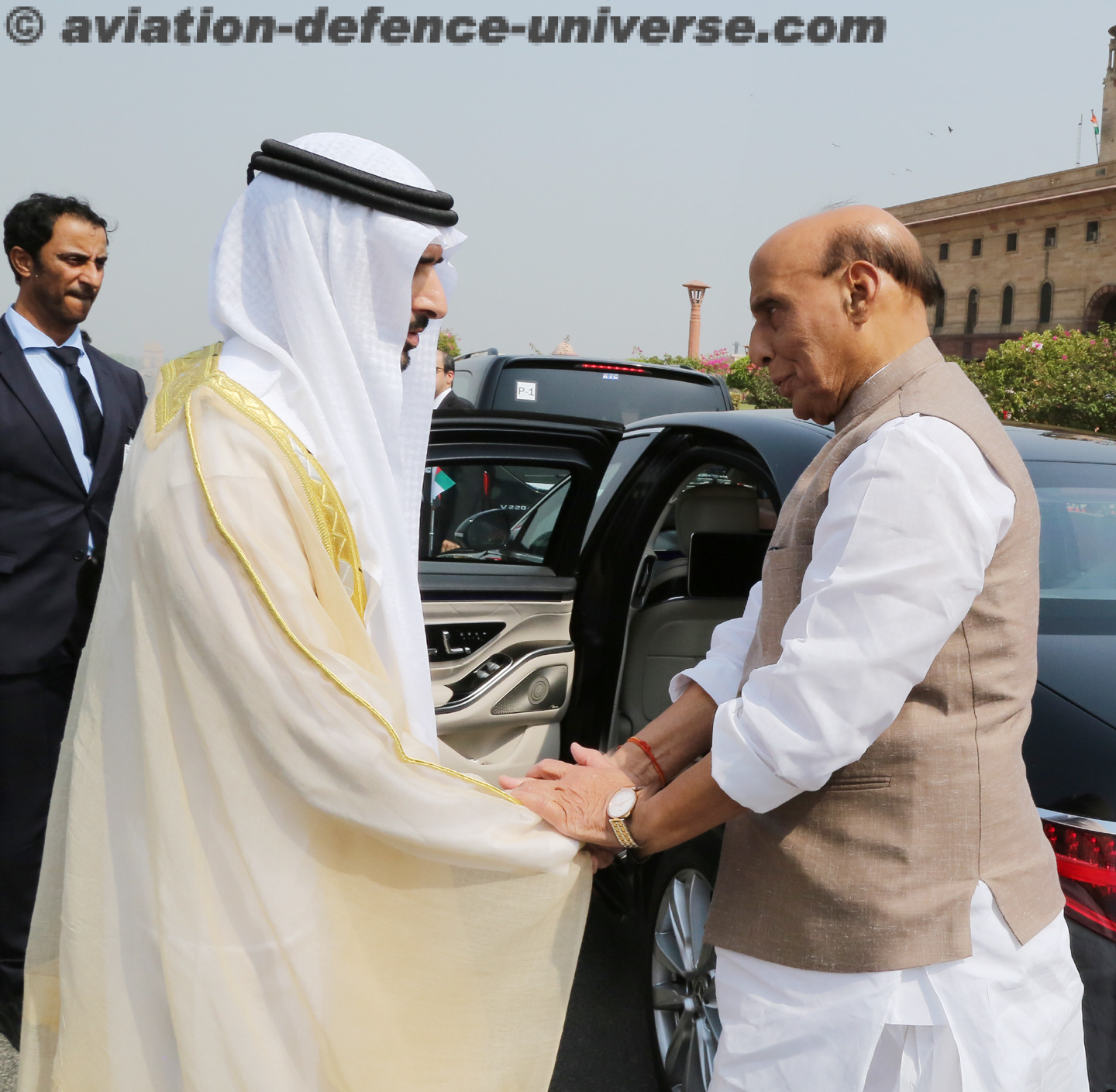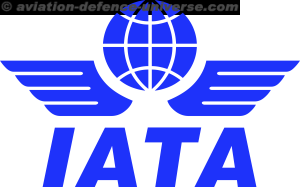- Air traffic management roadmap will improve airspace utilization and help maintain safe and efficient aircraft operations
- Roadmap will focus on Communication, Navigation and Surveillance / Air Traffic Manage ment (CNS/ATM) modernization
- 18-month project is being undertaken with a grant from the U.S. Trade and Development Agency (USTDA)

New Delhi, India, June 4, 2019 – Boeing [NYSE: BA] and the Airports Authority of India (AAI) have signed a technical assistance agreement for developing a comprehensive 10-year Communication, Navigation and Surveillance/Air Traffic Management (CNS/ATM) modernization roadmap for India, undertaken with a grant from the U.S. Trade and Development Agency (USTDA).
This objective of the agreement is to develop a roadmap for AAI to use as guidance in the modernization of the Indian National Airspace System (NAS) based on global and local best practices to optimally utilize airspace capacity, enhance communications and invest in navigation, surveillance and air traffic management.

“The implementation of modern technologies and global practices will allow India to increase its airspace capacity significantly by improving communications, enabling flexible use of airspace and allowing the safe processing of additional flights using air navigation infrastructure for smoother and more efficient skies in India” said Dr. Guruprasad Mohapatra, Chairman, Airports Authority of India.
“India is experiencing unprecedented growth in civil aviation. With this kind of growth comes the need for safe and efficient aircraft operations, as well as improving the airport infrastructure, said Salil Gupte, president, of Boeing in India. “This is a proud moment for Boeing to be partnering with the Airports Authority of India to enable the continued growth of India’s aerospace industry. We also thank USTDA who has been a catalyst in furthering this project.
“USTDA is proud to build on its longtime relationship with India’s aviation sector,” said USTDA’s Director (Acting) Thomas R. Hardy. “We believe this project will play an important role in supporting India’s rapidly growing aviation sector and connecting American industry with new export opportunities.”
“India and the United States have been strong partners in economic growth. This agreement between the Airports Authority of India and Boeing is a significant step in furthering collaboration on aviation between the two countries,” said Kenneth I. Juster, U.S. Ambassador to India. “We look forward to such opportunities, where both countries can utilize their expertise and innovation, to develop blueprints for cutting-edge technologies for the future.”

Boeing will analyse current technologies and processes to identify efficiency improvements that can be implemented while maintaining a practical and safe airspace system. As part of the project, Boeing will also work closely with the Directorate General of Civil Aviation (DGCA), airlines operating in India, airport operators and other airspace stakeholders like the U.S.-India Aviation Cooperation Program (ACP)































































































































